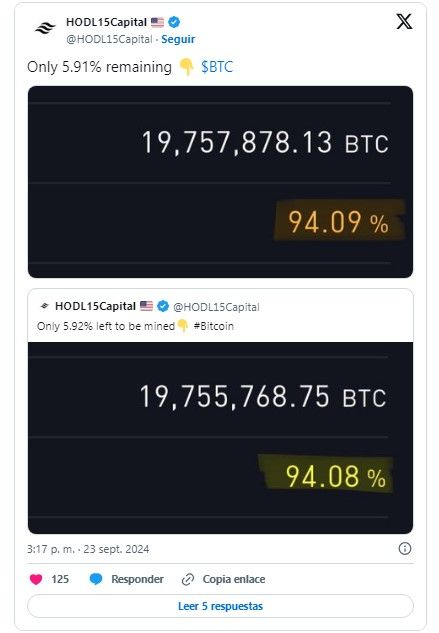
From November 2024, cryptocurrency exchanges in Australia will be required to obtain financial services licenses, according to new regulations announced by the Australian Securities and Investments Commission (ASIC). Alan Kirkland, an ASIC commissioner, revealed details of the initiative at the AFR Crypto and Digital Assets Summit in Sydney, emphasizing the need for stricter oversight of the sector.
The new legislation will extend existing requirements, which currently apply mainly to digital currency exchanges. Kirkland explained that while the Corporations Act already covers major crypto assets like Bitcoin, stronger regulations are needed to ensure clearer and more effective control over crypto products and tokens.
Additionally, ASIC will update Information Sheet 225 of the Corporations Act to clarify how certain crypto products should be handled from a regulatory standpoint. “A significant number of crypto asset companies in the Australian market will likely need a license under current law,” Kirkland stated, noting that many widely traded crypto assets are considered financial products.
Correlation Between Cryptocurrencies and the S&P 500 Hits 2022 Highs
The positive correlation between the cryptocurrency market and the S&P 500 has risen to levels not seen since mid-2022, according to Bloomberg data. The 40-day correlation coefficient between the index of the top 100 cryptocurrencies and the S&P 500 stands at 0.67, nearing the 0.72 level recorded in Q2 2022 when both markets experienced significant downturns.
This increased correlation suggests that macroeconomic factors affecting U.S. stocks, such as monetary policies and economic uncertainty, are also impacting the crypto market similarly.
In the second quarter of 2022, Bitcoin’s price dropped to around $19,000, while the S&P 500 fell to 3,674.84 points. Since then, the stock index has surged 35%, reaching an all-time high of 5,702.55 points. In comparison, Bitcoin has risen 69%, trading around $63,500.
Chinese Bitcoin Miners Still Dominate Despite Ban
Despite China’s 2021 ban on cryptocurrencies, Chinese Bitcoin miners continue to control more than 55% of the global mining network, according to Ki Young Ju, founder and CEO of CryptoQuant. In a post on September 23, Ju highlighted that Chinese mining pools still dominate Bitcoin’s hashrate, while U.S. mining pools manage about 40%, although their influence is growing.

“Chinese mining pools operate 55% of the network, while U.S. pools manage 40%,” Ju noted, explaining that Chinese miners tend to be smaller and operate across Asia, while institutional miners dominate the U.S.
China’s dominance remains surprising, despite the country’s total ban on mining and Bitcoin trading. However, the regulatory landscape in China is evolving.
By 2025, China plans to amend its anti-money laundering (AML) laws to include cryptocurrency transactions, reflecting the growing need for stricter oversight as technology and unofficial access to these markets advance.
BingX Resumes Services After $42 Million Cyber Attack
BingX, a leading cryptocurrency exchange platform, has resumed operations following a cyberattack that resulted in the loss of $42 million in digital assets. The breach primarily affected its hot wallets, forcing the platform to temporarily suspend withdrawals to strengthen its security measures.
BingX announced that withdrawals for assets such as Bitcoin (BTC), Ethereum (ETH), and Tether (USDT) have been reactivated, with deposits restored the following day. According to blockchain analysis firm Lookonchain, hackers stole over 360 different altcoins, quickly transferring funds to the wallet address ‘0xF7e8,’ where they were converted into Ethereum and Binance Coin (BNB).

The exchange confirmed that its cold wallets, which operate offline, were not compromised during the attack. BingX also stated that it will continue enhancing its security infrastructure to prevent future incidents.








By Andrej Kovacevic
Updated on 9th March 2025